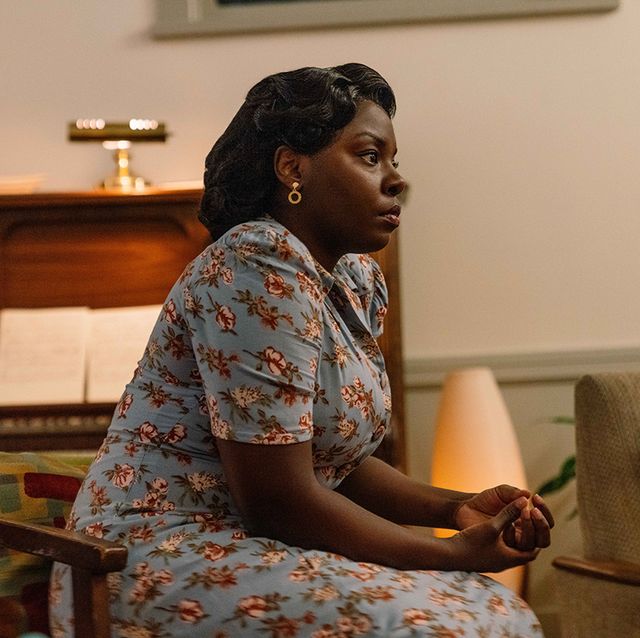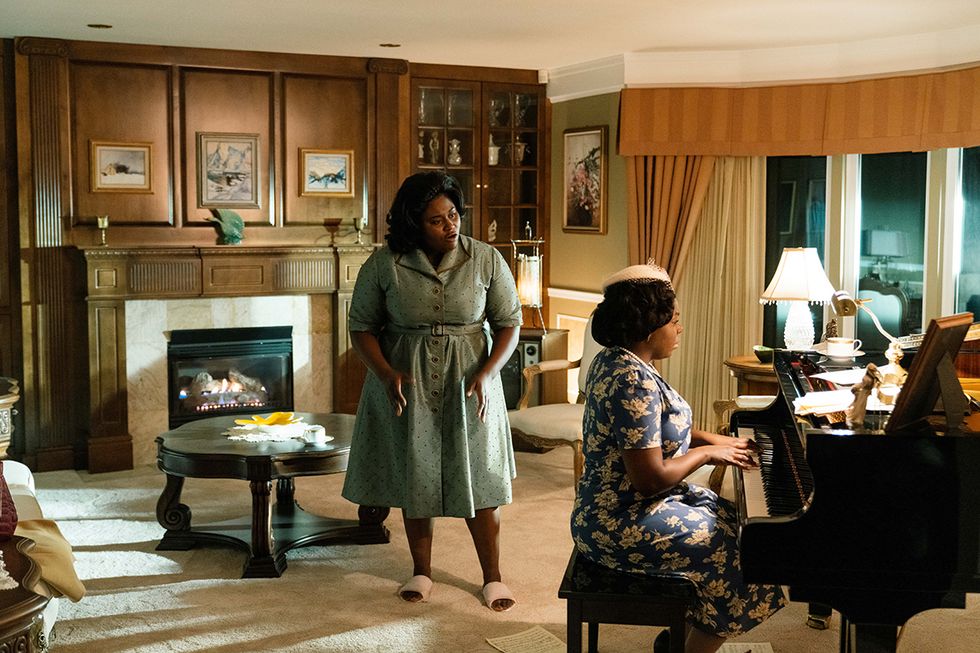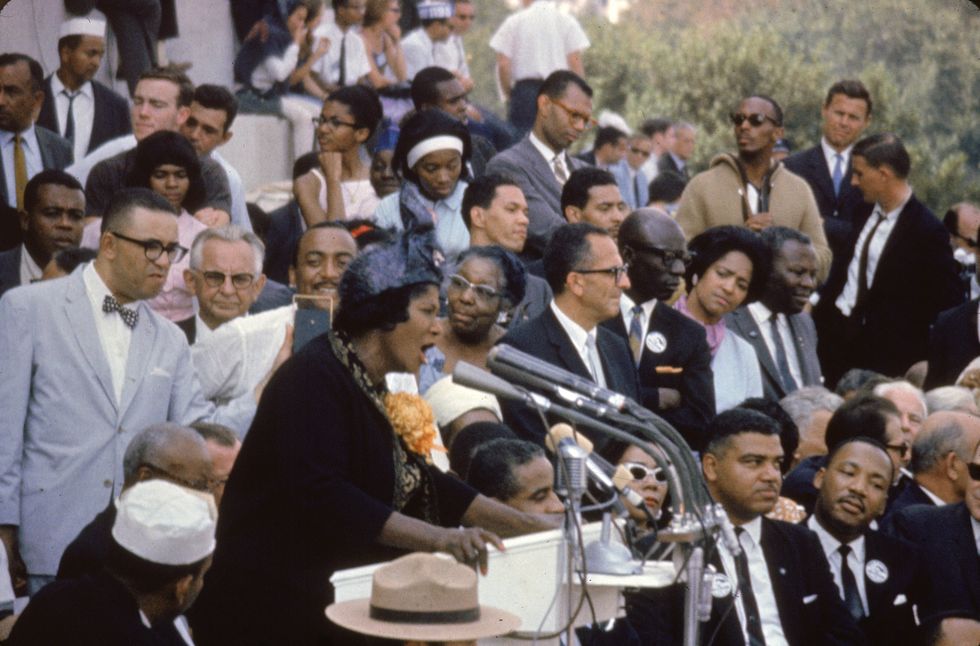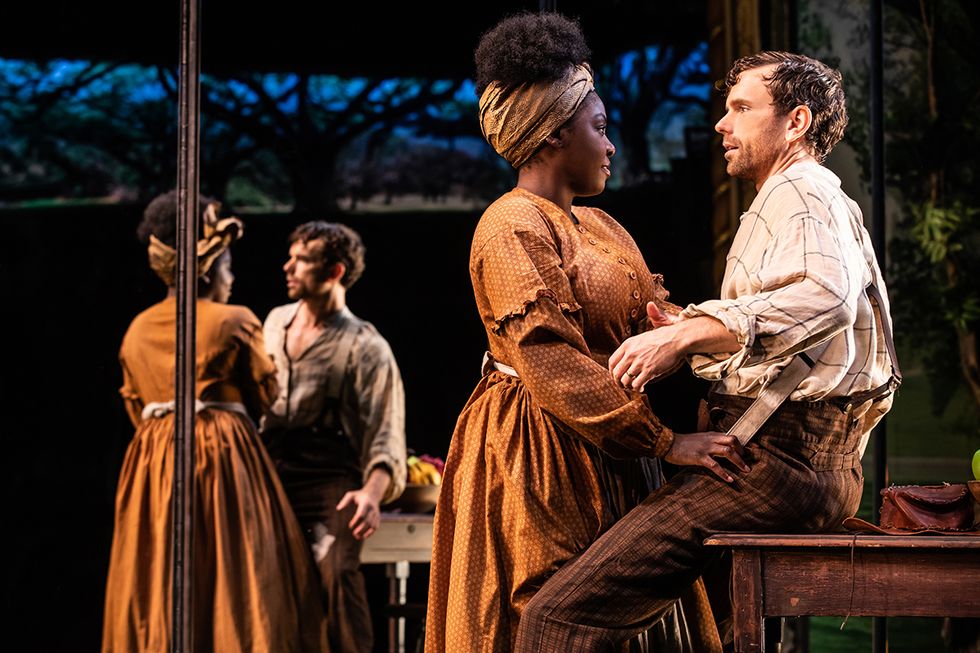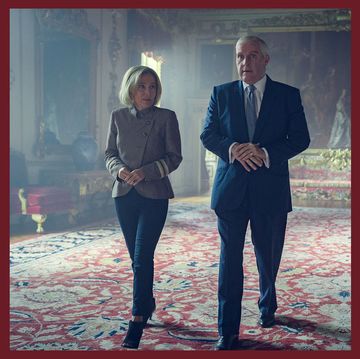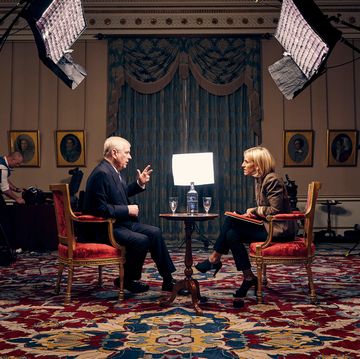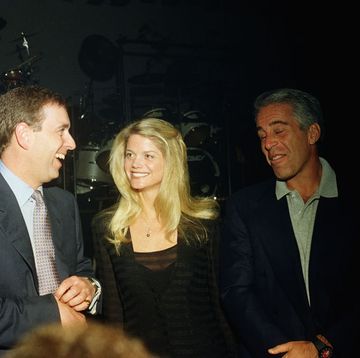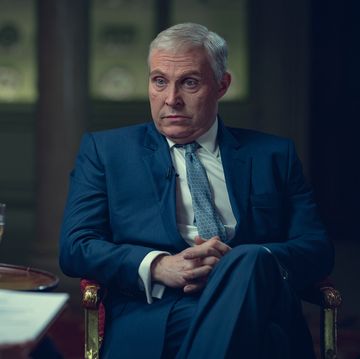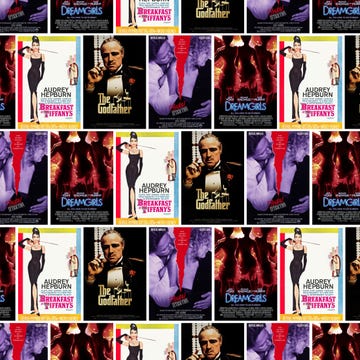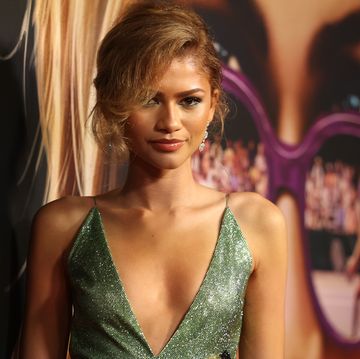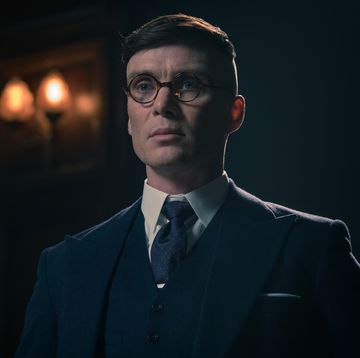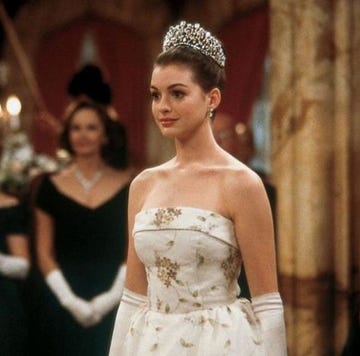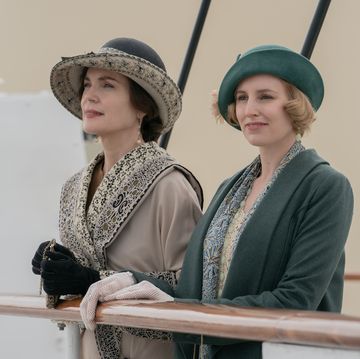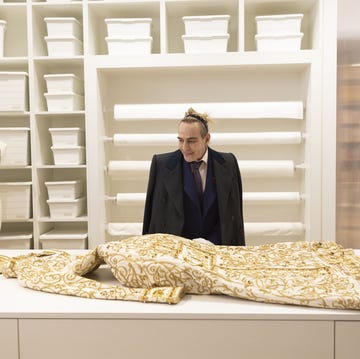Mahalia Jackson was one of the best-known performers of her time. Her albums sold millions of copies, she performed at President Kennedy’s inauguration and the March on Washington, and she toured the world at a time when doing so for gospel singers was almost unheard of. But how much do we really know about the life of the woman behind the legend?
On April 3, Robin Roberts Presents: Mahalia will premiere on Lifetime and give audiences a look at Jackson’s life outside of the spotlight, exploring her relationships with friends, family, and luminaries of her time and investigating the personal and professional trials she endured in becoming one of the world’s most famous singers. On screen, Jackson is portrayed by Danielle Brooks, and one of her most important collaborators and confidantes, pianist Mildred Falls, is played by Joaquina Kalukango, who T&C readers know from her Tony Award-nominated role in Slave Play as well as her turn as Betty Shabazz in the recent movie One Night in Miami. The relationship between the characters makes for a fascinating study in creative cooperation, the limits of friendship, and the power of forgiveness.
Here, Kalukango tells T&C about jumping from Broadway into film and the pressure of portraying a real character on screen.
This film is about Mahalia Jackson as much as it’s about the people around her. What did you know about Mildred Falls before playing her?
I knew nothing about her as a person. Even in my research, there's very little documentation about who she was, so I went off of videos, pictures, and some information in a Mahalia Jackson biography. But a lot of it was in the script; their relationship, her being a pianist, and the journey of who this woman would be. In terms of preparation, I found out [about the role] maybe a month before we were going to go into production, and usually I would have hired some type of piano teacher, but we were in the middle of the pandemic, so that was not an option. Instead, I just bought my own keyboard, went on YouTube to find out how to play the gospel piano, and familiarized myself with it as much as I could, just to look like I knew what I was doing.
So much of this movie is about the relationships that allow Jackson to become who she did—the collaborators and family members and friends. What about her partnership with Mildred spoke to you?
Initially it was that they had such a beautiful creative relationship. It was documented that Mahalia would hear a song a certain way in her head and Mildred would immediately know how to interpret it or freestyle with it on the piano. So much of Mahalia’s sound is Mildred; they had a beautiful connection with each other. I also felt such sympathy for Mildred, because we always look at the star and never the people who got them there. To be able to pay homage to this woman her and to give her some light was just an honor.
The two of them have this incredible rise together but eventually have a falling out. What’s the takeaway from that about how we can nurture these creative relationships?
It's so important to forgive and move on. When we hold in that type of pain, it only hurts ourselves.
You’d finished your Tony Award-nominated run in Slave Play not long before filming this movie. Is there a difference for you between working on stage and on screen?
Film might be the closest thing to theater for me in terms of being able to be in one space with the same group of people for months at a time. I think the biggest shock for me initially, was the takes and learning the difference in shots—what's wide, what's mid-shot—and figuring out how to manipulate those things.
This is also the second film you're in this year playing a real person. What is your process for playing someone real?
Where I always start is from trying to capture an essence; let me find a tick. What's that thing that lets me in? I'm one of those people who believe that I can't be this person, I am Joaquina giving an interpretation and hopefully giving you the spirit of who they are. It is a difficult task always to play real people. And I think that it's always better to just try to anchor their essence and spirit.
You've been on Broadway, you'd been on movie screens, you've been on TV. Is there anything that you're still itching to do?
I'm in the midst of writing a limited series, and I'm really excited about telling stories of my people and my heritage. I've been doing a lot of research just on my family and we're Angolan, and I’m just getting into that section of history and the relationship between slavery and colonialism. I'm writing right now and really trying to tell stories that we haven't seen.
Do you still listen to the music Mahalia and Mildred made, or do you leave that behind when you wrap a film?
I absolutely do. One of my favorite songs is “How I Got Over,” and it sticks with me because I think it resonates in this specific time with what we've all survived this past year. It gives me so much inspiration and hope that in the midst of this craziness, we'll be able to survive it and be resilient. And I think that's Mahalia Jackson’s story, the ultimate story of resilience.
Adam Rathe is Town & Country's Deputy Features Director, covering arts and culture and a range of other subjects.
